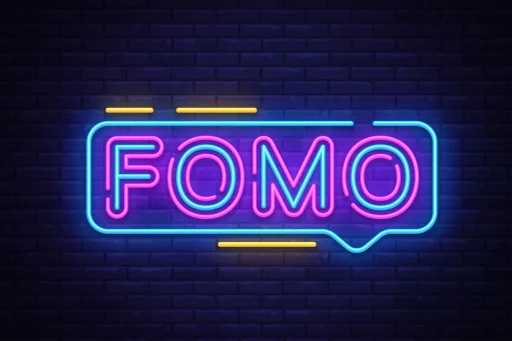Understanding the Term ‘Tina’
The word ‘Tina’ is commonly employed as slang, primarily within LGBTQ+ communities, where it references methamphetamine, particularly crystal meth. This term emerged during the 1980s and has gained notoriety for its association with drug culture, particularly in party and club scenes.
The Origins of ‘Tina’
The slang term ‘Tina’ traces back to the early days of the crystal meth epidemic. As meth’s popularity grew, different communities sought unique vernacular to discuss the substance discreetly. In many cases, names derive from common or familiar female names to foster a sense of familiarity and camaraderie among users. Other well-known names include ‘ice’ and ‘glass,’ but ‘Tina’ remains one of the most recognized variations.
Usage and Context
‘Tina’ is often used in informal social settings, particularly among friends who are familiar with its implications. Here are some examples of how the term might appear in conversation:
- “Are you hitting up that party tonight? I heard Tina will be there!”
- “I need to get Tina before the weekend so we can have some fun!”
The Cultural Impact of ‘Tina’
The use of the term ‘Tina’ reflects broader societal issues associated with methamphetamine use. The prevalence of such slang indicates a normalization of drug culture in some communities, which can lead to increased risks and a higher likelihood of substance abuse.
Research reveals alarming trends: according to the 2021 National Survey on Drug Use and Health, approximately 1.5 million Americans aged 12 or older reported using methamphetamine in the past year. The surge in usage correlates with the availability of terminology that makes discussing these substances more casual and less stigmatized.
Case Studies: Tina in Popular Culture
The impact of ‘Tina’ extends into popular culture, where references to methamphetamine can be found in music, film, and television. Shows like “Breaking Bad” have highlighted just how pervasive drug culture can be, albeit with a different tone that is both entertaining and cautionary.
For instance, in the LGBTQ+ club scene, ballads and anthems often include ‘Tina’ as a metaphor for escapism or the high-energy atmosphere of nightlife. Artists have sought to bring awareness to the risks associated with meth while also capturing the allure it holds.
The Risks of Using ‘Tina’
While using ‘Tina’ as shorthand for methamphetamine can foster a sense of community among users, it also belies the dangers of addiction and health risks involved. Regular use of meth can lead to severe health complications, including:
- Increased heart rate and blood pressure
- Risk of stroke and heart disease
- Mental health issues such as anxiety and paranoia
- Dental problems commonly referred to as “meth mouth”
- Skin infections due to obsessive scratching and neglect
Combating Stigma and Promoting Understanding
As communities begin to address the prevalence of meth use, it’s essential to combat the stigma associated with addiction. Programs that focus on education and harm reduction can promote safer practices and increase awareness about the consequences of meth use.
Organizations such as the National Institute on Drug Abuse (NIDA) have begun delivering comprehensive education initiatives aimed at youth and high-risk populations. By redefining the conversation around terms like ‘Tina,’ these programs hope to reduce usage through understanding and empathy rather than judgment.
Conclusion
In conclusion, ‘Tina’ serves as much more than mere slang; it reflects a significant aspect of the social and cultural landscapes surrounding drug use, particularly methamphetamine. Understanding the term provides insight into both the allure and the disarray that accompany substance abuse. Ultimately, ongoing dialogue, education, and community support play a crucial role in navigating the challenges posed by drug cultures.






